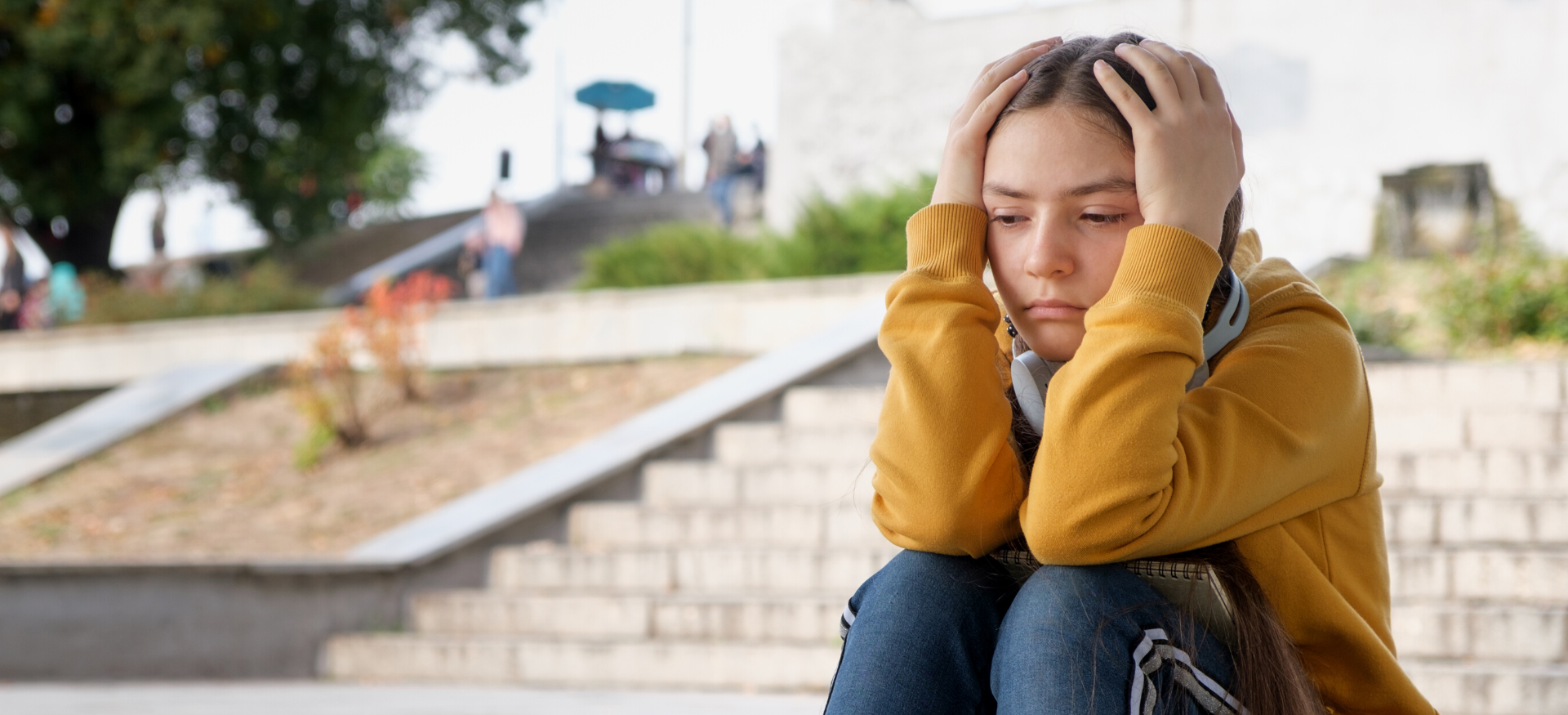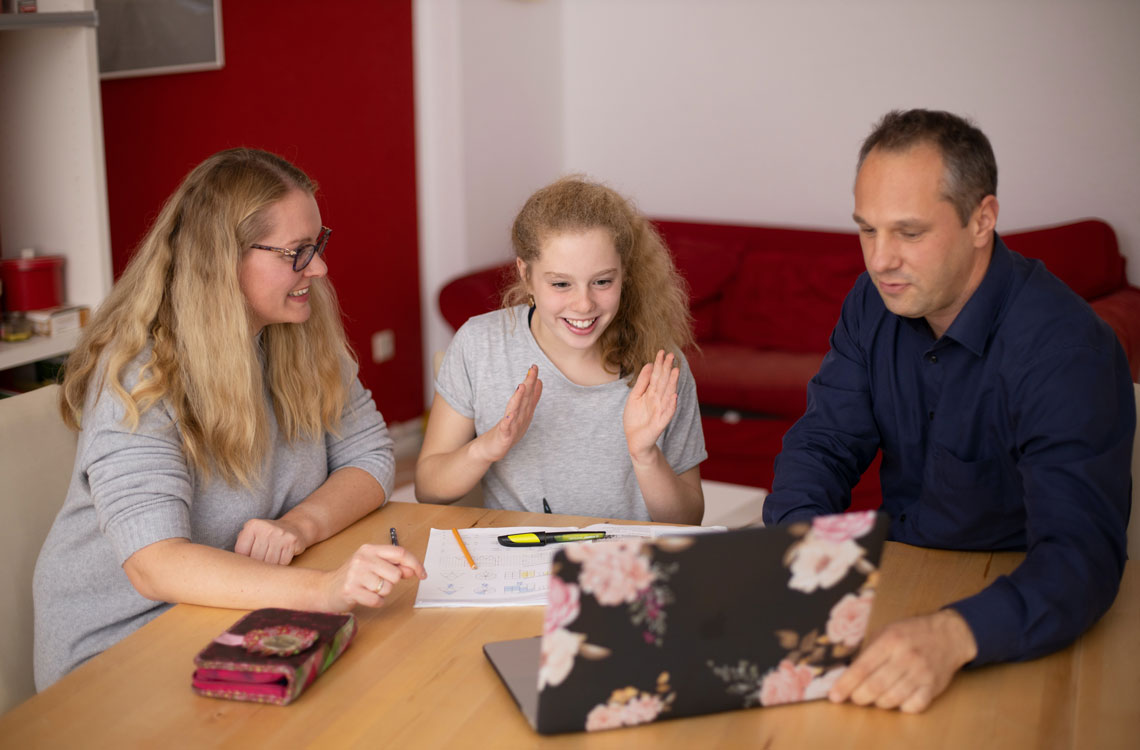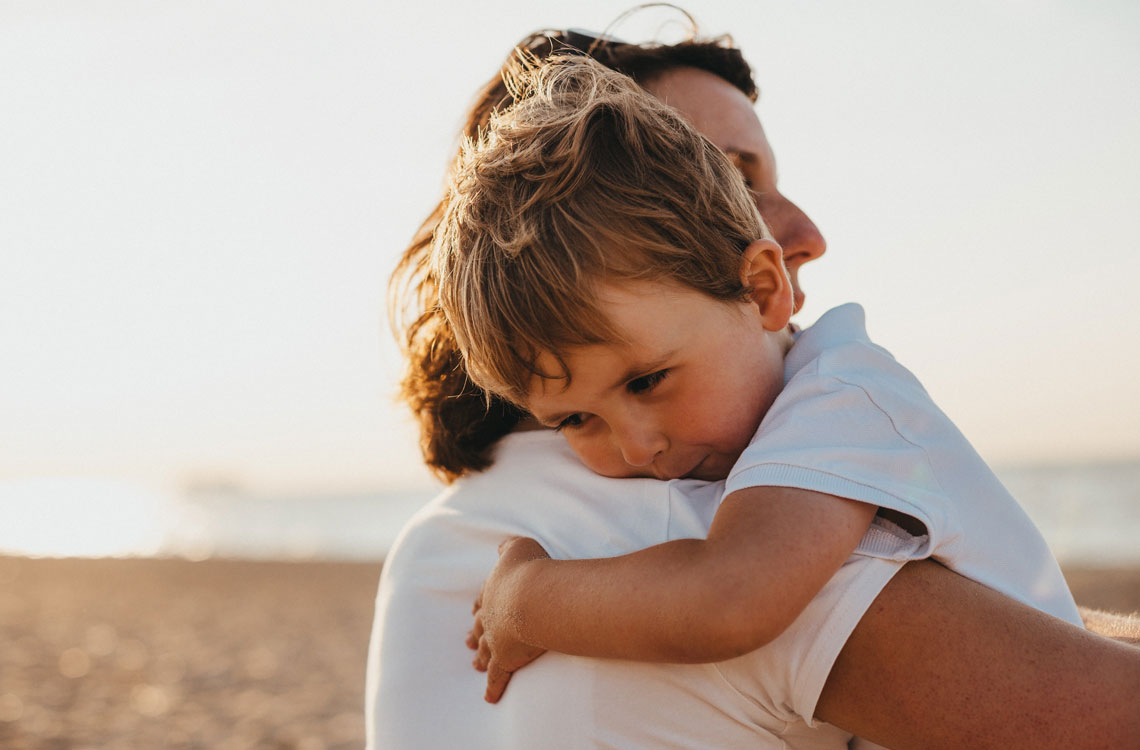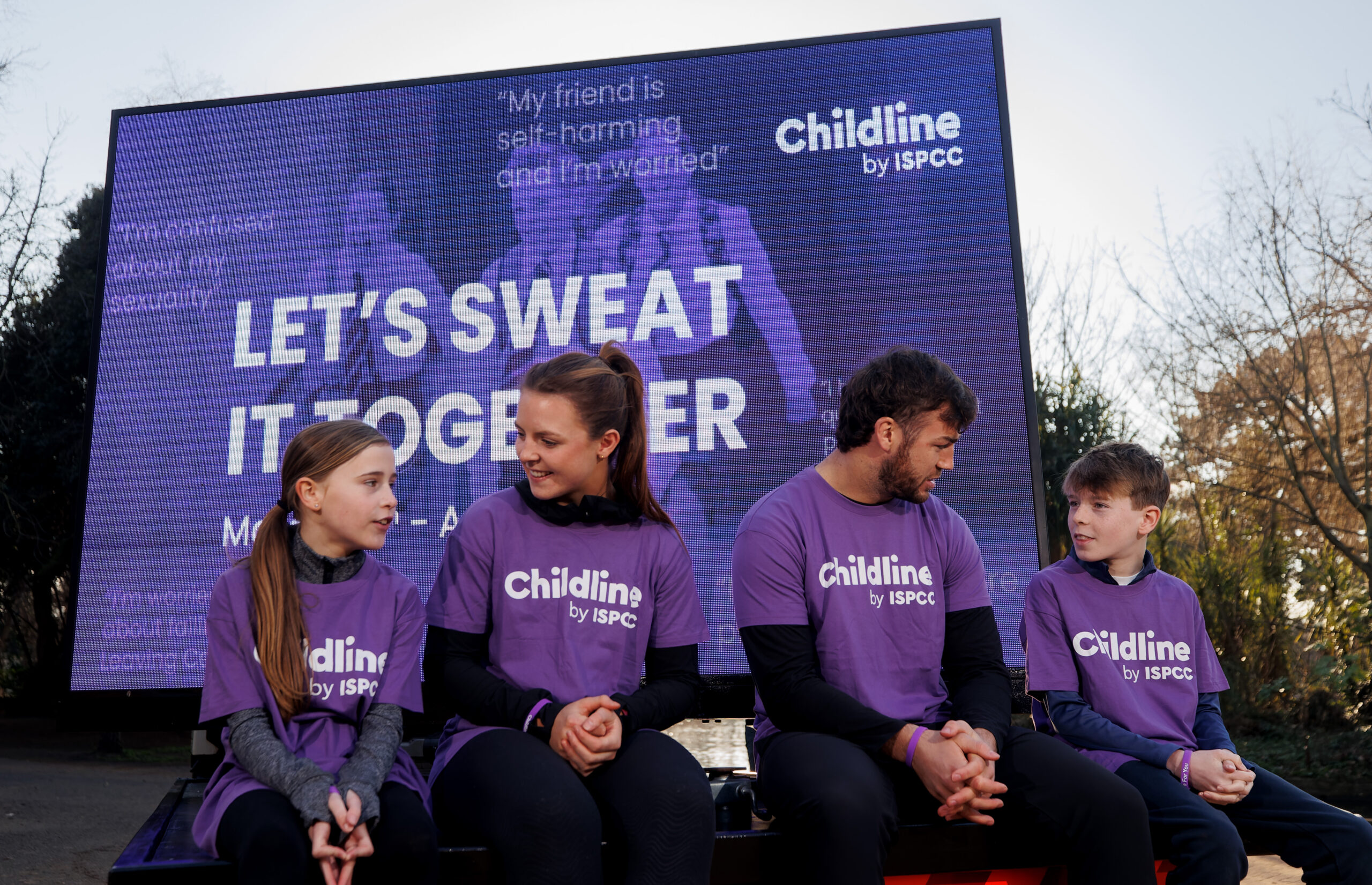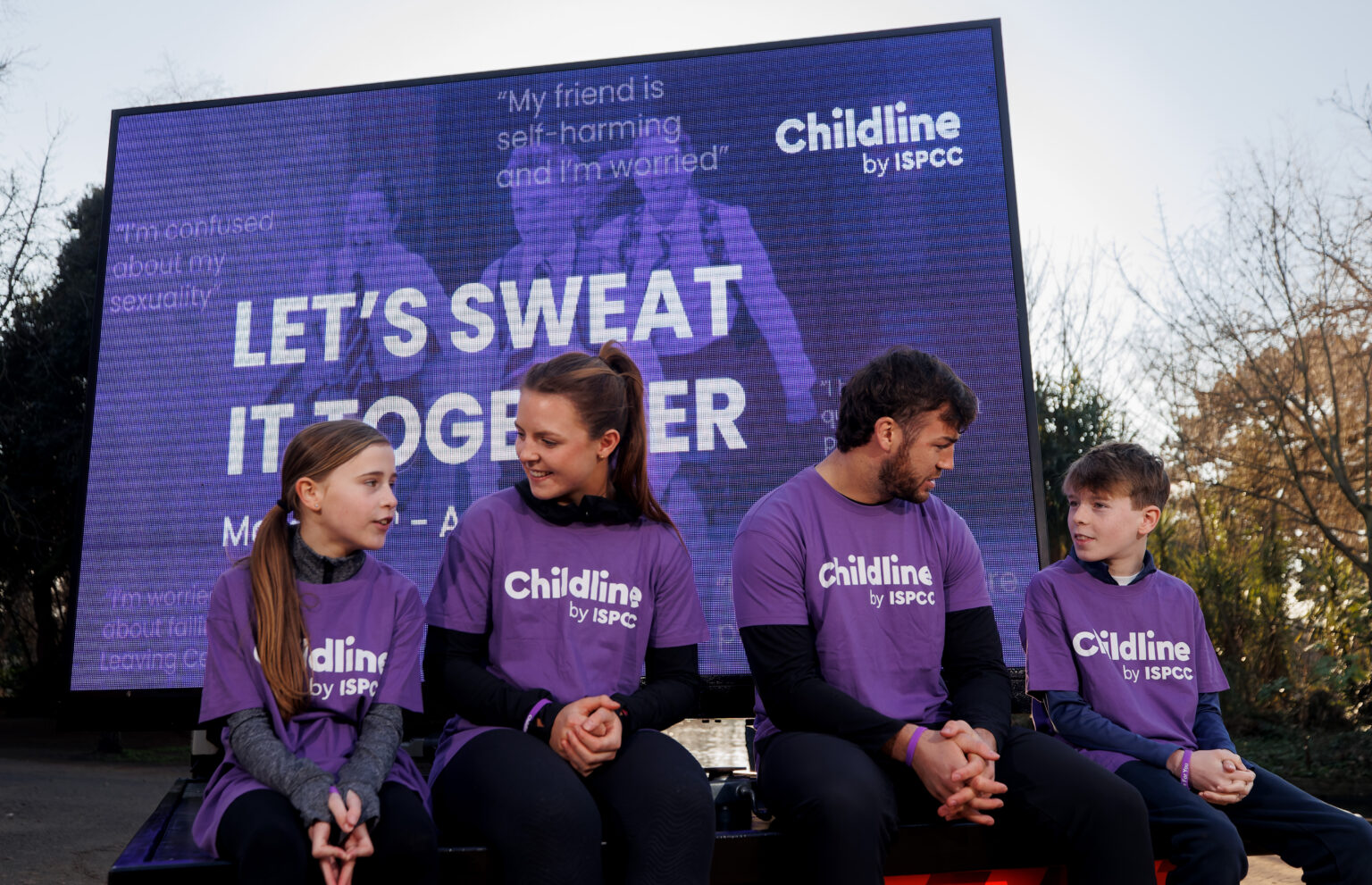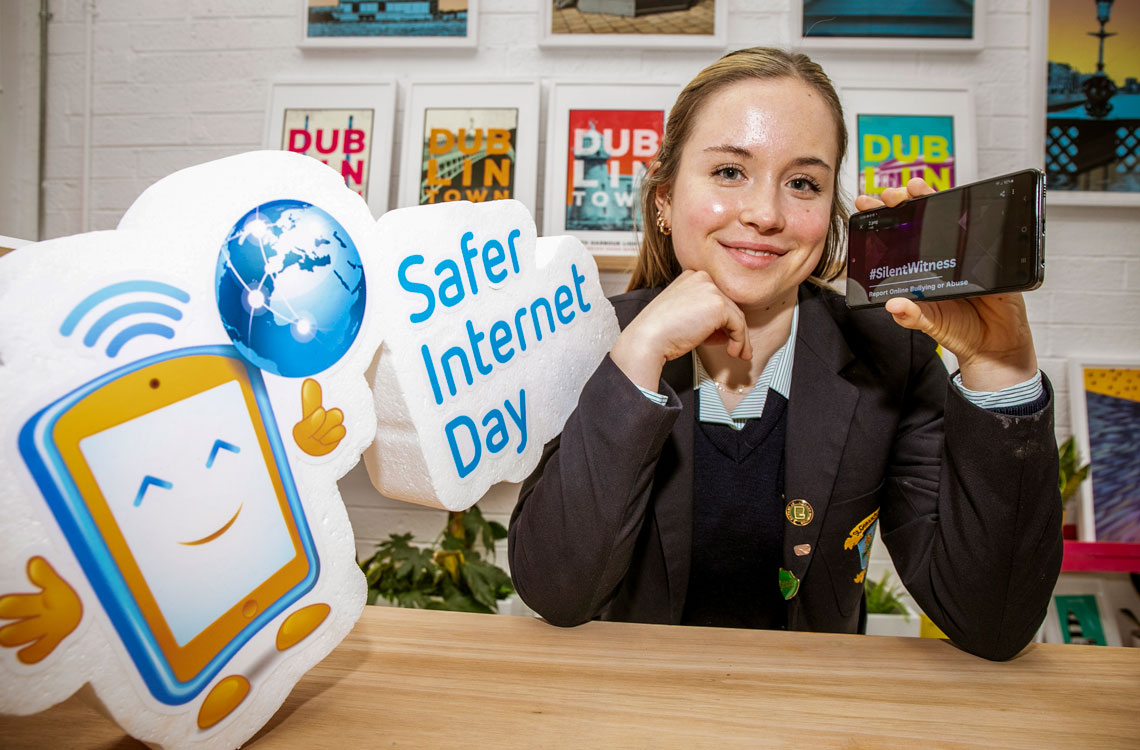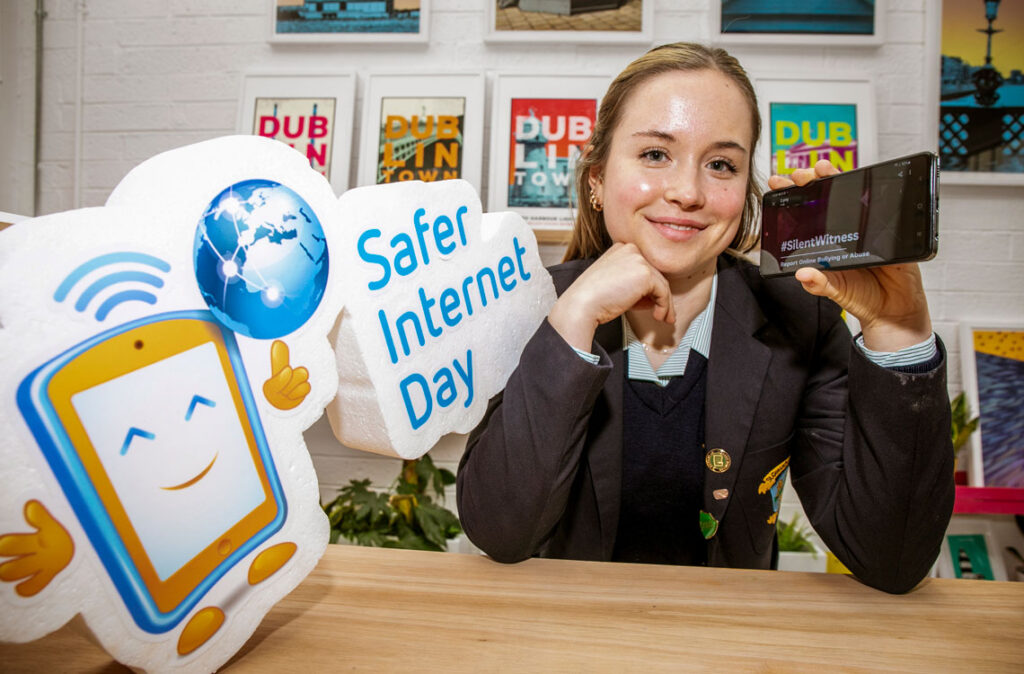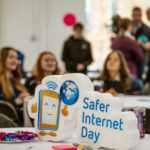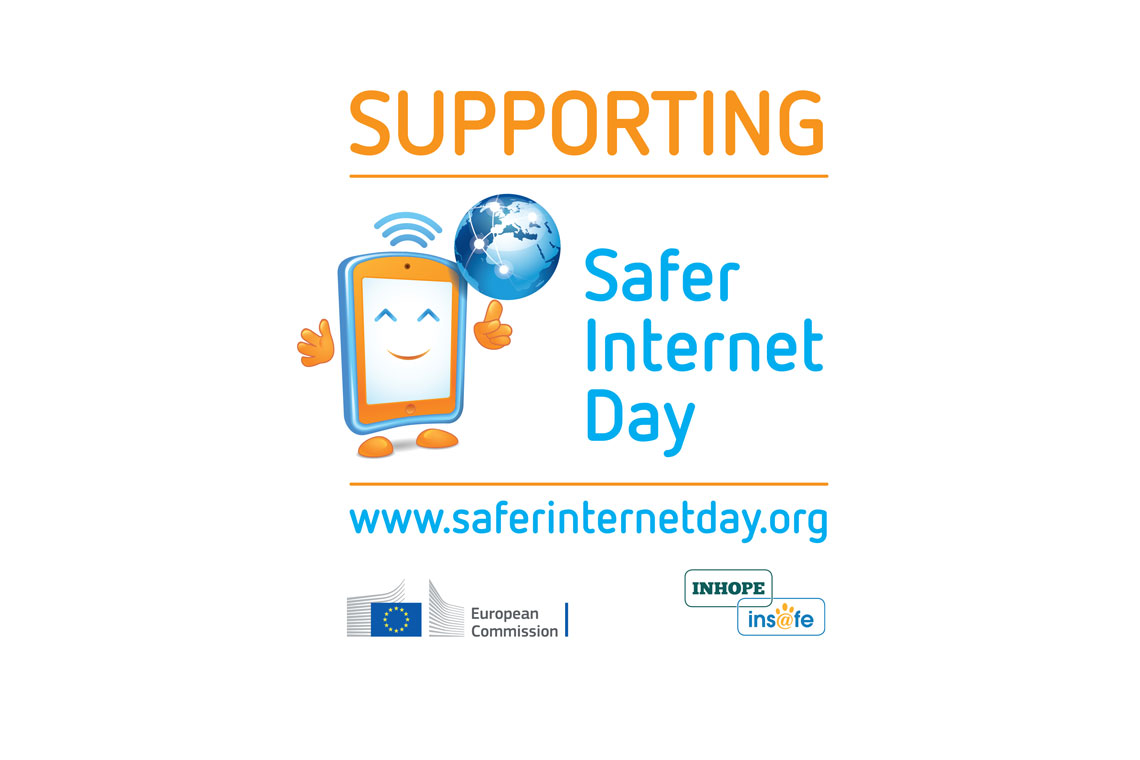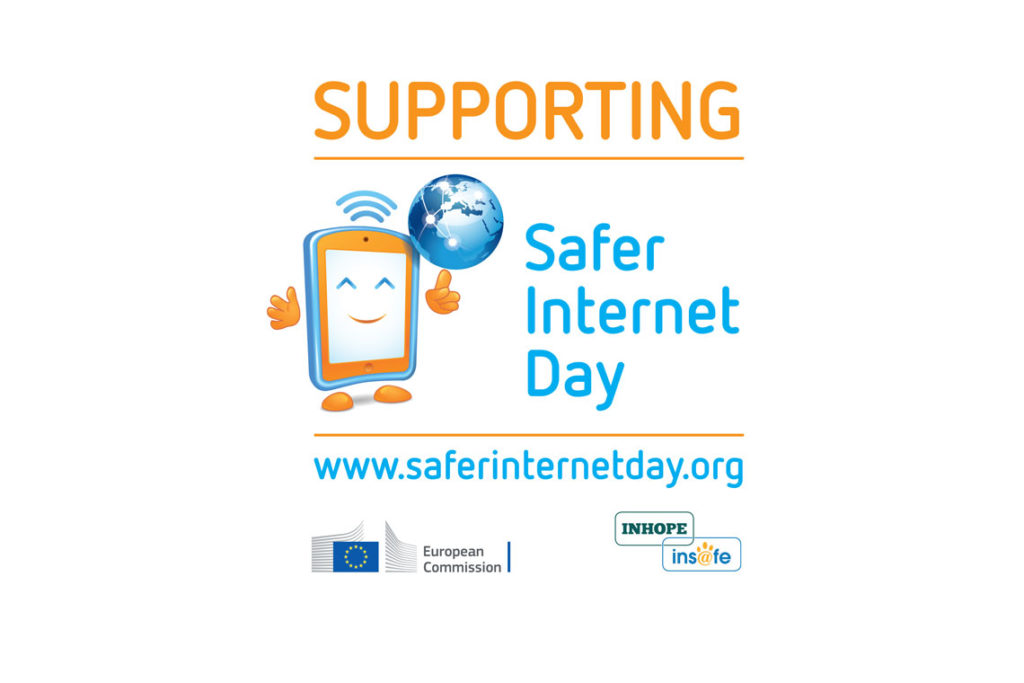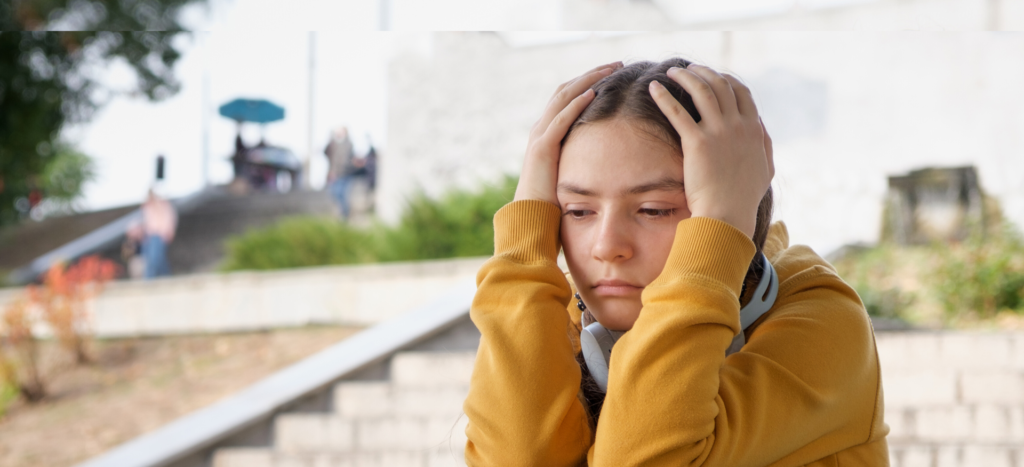
ISPCC calls for Government commitment to meaningful investment in mental health provision for children and young people
Children’s mental health was in the spotlight again today as the Children’s Rights Alliance (CRA) launched its Report Card 2023 and for the second consecutive year awarded the Government an ‘E’ grade in relation to youth mental health.
Children have a right to appropriate care, and at ISPCC we know the importance of prevention and early intervention. The Government must commit to a policy of both targeted and universal investment in mental health service provision for children and young people.
We reiterate our call for the Government to commit with haste to the implementation of the Pathfinder interdepartmental unit on youth mental health in order to align and streamline the mental health supports across various government departments.
ISPCC CEO John Church says “This has been a key policy ask of the ISPCC since it was first recommended in the National Youth Mental Health Task Force Report in 2017, of which ISPCC was a member. There can be no further delay if we are to truly recognise the health rights of children and young people and to employ best efforts to have a world-class mental health service.”
It is a mammoth task to issue an annual report card and we commend the CRA for all its efforts in doing so.
The Government’s ‘E’ rating in this year’s CRA’s report card – a grade awarded due to the long waiting lists facing young people requiring support from Child and Adolescent Mental Health Services (CAMHS) – shows the need for this administration to demonstrate that it considers the mental health of children and young people to be a key priority.
ISPCC shared the sense of shock felt by many on the publication of the interim report by the Mental Health Commission into the Child and Adolescent Mental Health Service in January.
CAMHS is illustrative of the crisis facing the health service. Yet, sadly, this is not a surprise for those of us working to support children and young people.
The ability of CAMHS to provide a meaningful service is also hampered by staffing issues and the slow pace of digital transformation. A digital system that allows for timely monitoring and continuity of care is essential. As it stands, the system is utterly broken, despite the best efforts of those working within it.
At ISPCC, mental health concerns are one of the primary reasons why children and young people contact us. Calls on mental and emotional health are a top profile in our 24/7 Childline Listening Service.
In terms of online safety we are delighted to see the Government’s efforts recognised by the awarding of a ‘A’ grade. The Online Safety and Media Regulation Act is a crucial piece of legislation designed to improve the safety and experience of children and young people in the ever-evolving digital environment. However, we strongly believe that there is more work to be done in this area.
We need an updated action plan on online safety, the Online Safety Commissioner must be sufficiently resourced and proposed binding codes must be fit for purpose.
It is imperative that children and young people can always be safe online, however we know from those who contact Childline that this is not always the case.
Our partner in the Irish Safer Internet Centre, Hotline.ie has helped many of those young people who have been the victims of ‘intimate image abuse’ (IIA) as operators of the reporting mechanism for such images. Under the Harassment, Harmful Communications and Related Offences Act, it is an offence to share an intimate image or video of a person without their consent.
This is a complicated issue, and ISPCC is grateful to have been involved in consultations regarding the revision of the Relationships and Sexuality Education (RSE) programme for Junior Cycle in post-primary schools. programme. We believe this is a key opportunity for the curriculum to be modernised and respond to the needs of children and young people.
It is crucial that we teach our children how to manage their relationships in a digital world.
“A truly innovative and dynamic new RSE programme will empower all children and young people, by making them familiar with the concept of sexuality and the distinction between healthy and unhealthy, or inappropriate relationships,” says ISPCC CEO John Church. “This could assist in the prevention of, or early intervention in, potential child sexual abuse cases happening in future.”
